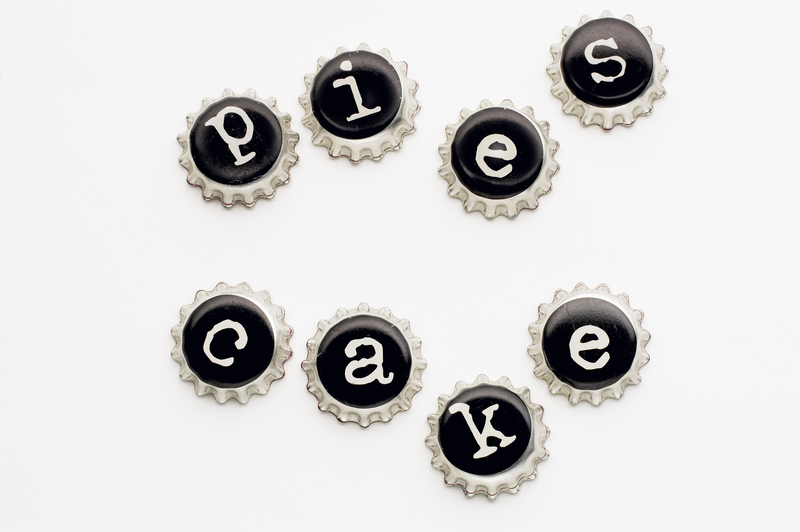Paper Waste Recycling Methods
Posted on 22/08/2025
Paper Waste Recycling Methods
In today's environmentally conscious society, recycling paper waste has become a crucial practice. Recycling not only conserves natural resources but also helps to reduce greenhouse gas emissions and landfill waste. This article will explore various paper waste recycling methods, offering insights, tips, and an analysis of the pros and cons of each method.
Traditional Paper Recycling
Traditional paper recycling involves collecting, pulping, and de-inking waste paper to produce new paper products. Here are the primary steps:
Collection
Paper waste is collected from households, businesses, and recycling bins. It is then transported to recycling facilities.
Sorting and Grading
Once at the facility, the paper is sorted by grade and type. This sorting is crucial because different paper types require different treatment processes.
Pulping
The sorted paper is mixed with water and shredded to create a pulp. This process separates the fibers and removes contaminants.
De-inking
Ink, adhesives, and other contaminants are removed from the pulp through de-inking processes such as flotation or washing.
Refining, Bleaching, and Mixing
The cleaned pulp is then refined, sometimes bleached, and mixed with virgin fibers if necessary to improve quality.
Forming New Paper
Finally, the pulp is spread onto screens to form new sheets of paper, which are dried and rolled for further processing and use.

Mechanical Recycling
Mechanical recycling is suitable for high-quality paper types like office paper and newspapers. It involves grinding the paper waste into small fibers, which are then cleaned and processed into new paper. This method requires less energy and produces less waste compared to traditional recycling.
Chemical Recycling
Chemical recycling involves breaking down paper waste into its basic chemical components. This method allows for the recovery of cellulose fibers, which can be used to produce new paper or other cellulose-based products. Chemical recycling is highly effective but also more costly and complex than other methods.
Thermal Recycling
In thermal recycling, paper waste is converted into energy through processes like incineration or pyrolysis. This method reduces landfill waste and generates energy but is less favored due to potential emissions and loss of recyclable fibers.
Pros and Cons of Paper Waste Recycling Methods
Pros:
- Environmental Benefits: Recycling reduces deforestation, conserves natural resources, and minimizes landfill waste.
- Economic Benefits: Creates jobs and supports the recycling industry.
- Energy Conservation: Recycling generally uses less energy compared to producing paper from virgin materials.
Cons:
- Quality Degradation: Recycled fibers are often shorter and weaker, requiring the addition of virgin fibers.
- Costs: Some recycling methods, especially chemical recycling, can be expensive and complex.
- Contamination: Mixed paper streams can lead to contamination, making the recycling process less efficient.
Tips for Effective Paper Recycling
- Separate Paper Types: Sort paper waste by type and grade to improve recycling efficiency.
- Avoid Contamination: Keep food, grease, and other contaminants away from paper waste.
- Use Recycled Paper Products: Support the market for recycled paper by purchasing recycled paper products.

Key Takeaways
- Paper waste recycling is a multi-step process involving collection, sorting, pulping, and reprocessing into new paper.
- Various methods, including traditional, mechanical, and chemical recycling, offer different benefits and challenges.
- Effective recycling requires minimizing contamination and supporting the market for recycled paper products.
Conclusion
Recycling paper waste is a vital practice for environmental sustainability. While different recycling methods offer various advantages and challenges, the overall benefits of reducing landfill waste, conserving resources, and protecting the environment are clear. By understanding and participating in paper recycling, individuals and organizations can contribute to a healthier planet.
Latest Posts
Innovations Aiming to Reduce Ocean Waste
Reducing Waste in Christmas Celebrations




 020 3743 9508
020 3743 9508


